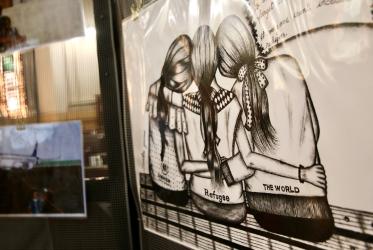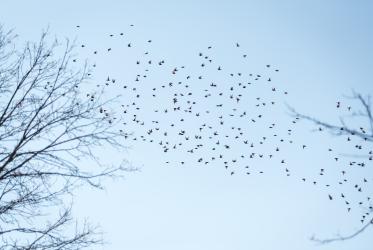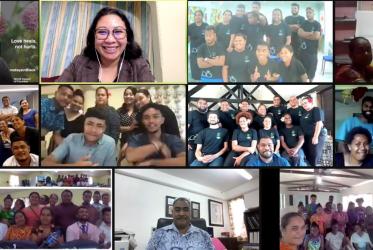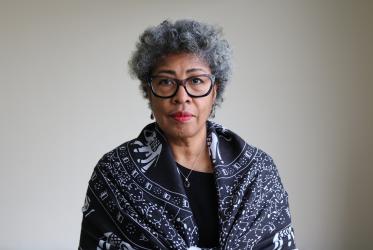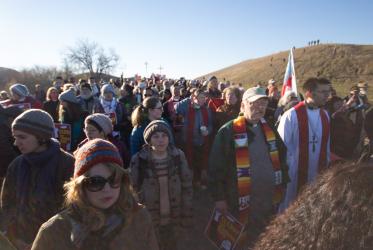Displaying 1 - 20 of 56
11 December 2023
Perkins names Dr Evelyn Parker as 2021 Distinguished Alumna
11 November 2021
Plans for 11th WCC Assembly build excitement across the globe
18 February 2020
WCC welcomes new staff
11 February 2020





